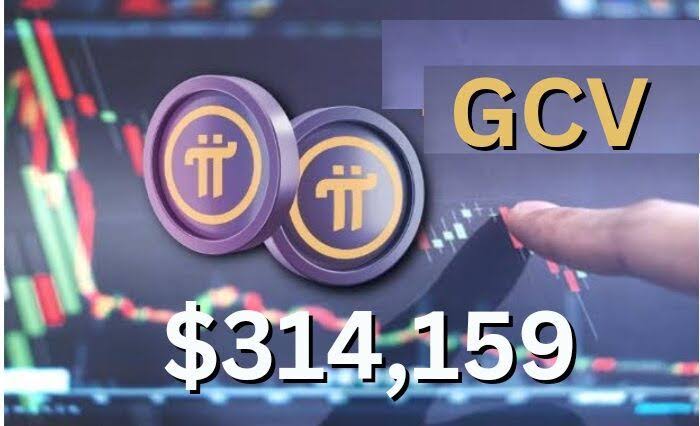 |
| Nigeria’s Vice President Yemi Osibanjo talks with one of the beneficiaries of the GEEP programme under Trader Moni |
The Federal Government has announced it will commence the second phase of the Government Enterprise and Empowerment Programme (GEEP) 2.0, which will begin in Lagos State.
This was disclosed by the Lagos State Commissioner for Wealth Creation and Empowerment, Mrs Yetunde Arobieke during the sensitisation of the new restructured GEEP 2.0., according to the News Agency of Nigeria.
The GEEP programme is one of the schemes under the National Social Investment Programme, one of the vehicles the FG plans to use to lift 100 million Nigerians out of poverty.
She stated that GEEP is designed to provide access to credit for poor and vulnerable people, adding that the targeted beneficiaries will be people who are already in business enterprises which include traders, artisans, farmers/agricultural workers, enterprising youths and other categories of Micro, Small and Medium Enterprises (MSMEs).
”In the last four years, GEEP has provided incremental loans of between N10,000 and N300,000 to about 2.3 million beneficiaries.
”The beneficiaries are traders, artisans, enterprising youth, agricultural workers and other micro-service providers under its flagship programmes of TraderMoni, MarketMoni and Farmer Moni,” she said.
She added that schemes under it include the TraderMoni and MarketMoni to empower youths and underprivileged women and also the FarmerMoni scheme which would focus on entrepreneurship, whereby preferred institutions would provide a complete value-chain to the beneficiaries of the FarmerMoni.
She said that it was expected to generate growth, diversify income and provide widespread employment and entrepreneurial opportunities for farmers in rural areas.
Recall Newsway reported earlier this week that Vice President, Yemi Osinbajo revealed that working with cooperatives enables the FG to implement its social investment and intervention programmes and ensure that a large number of people have access to the programmes.














